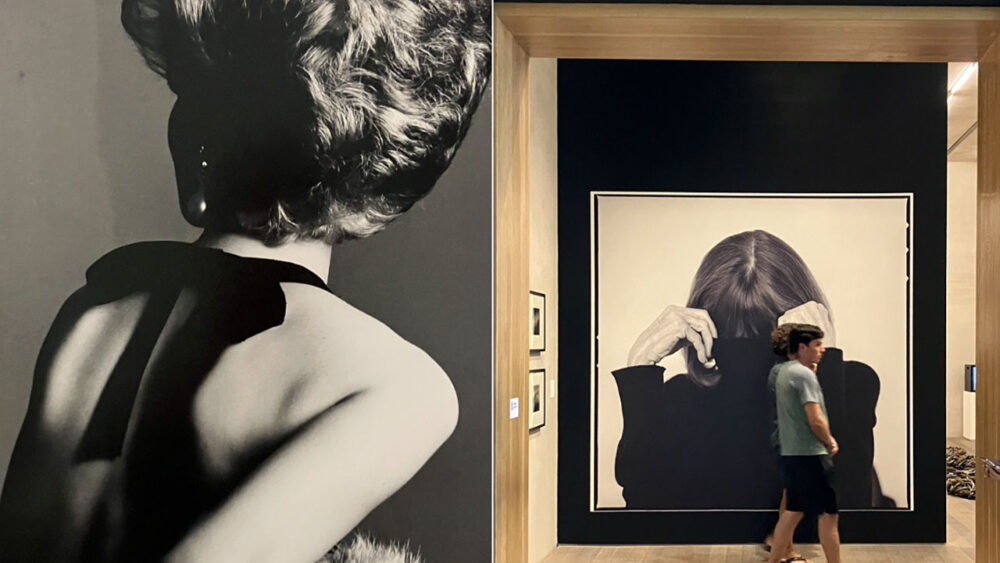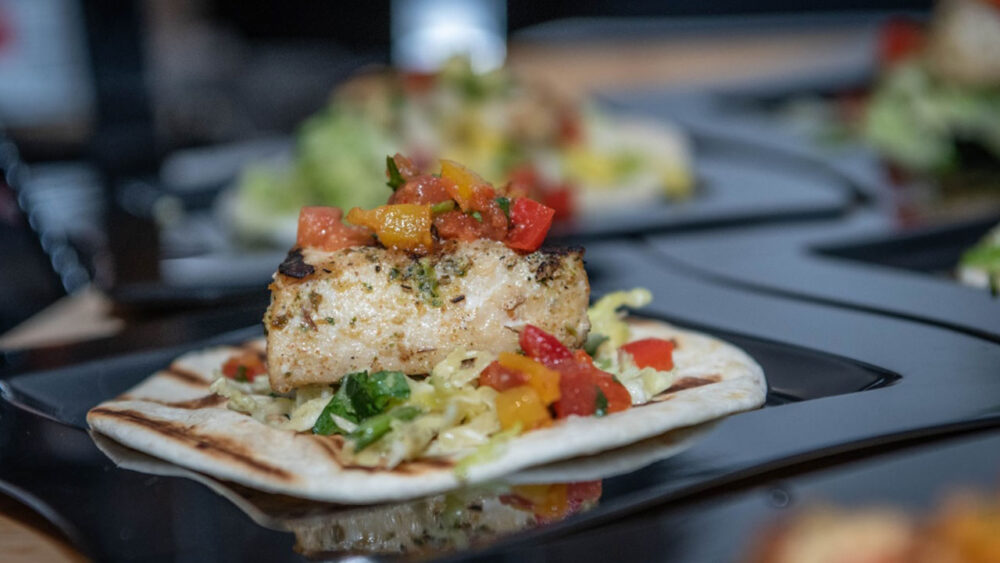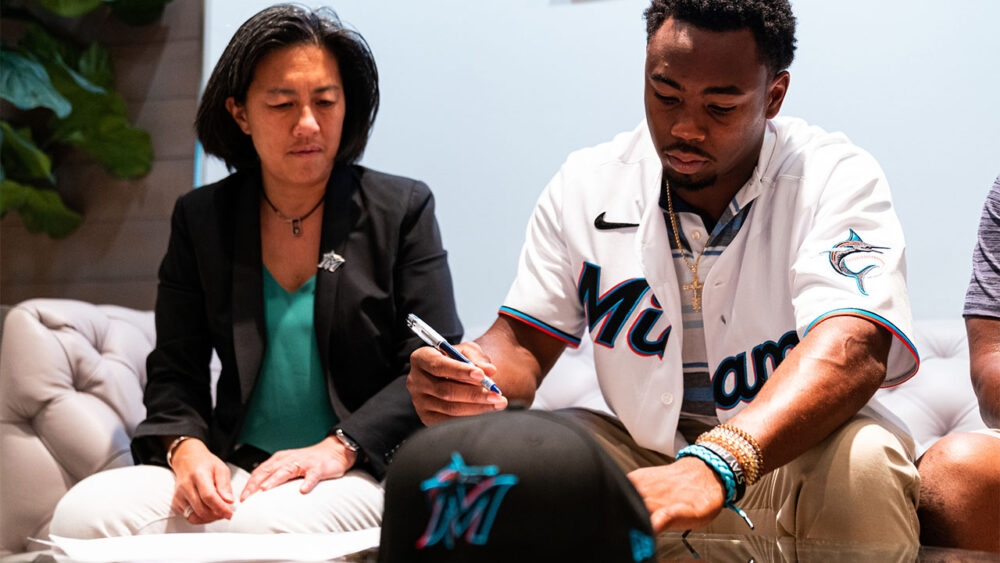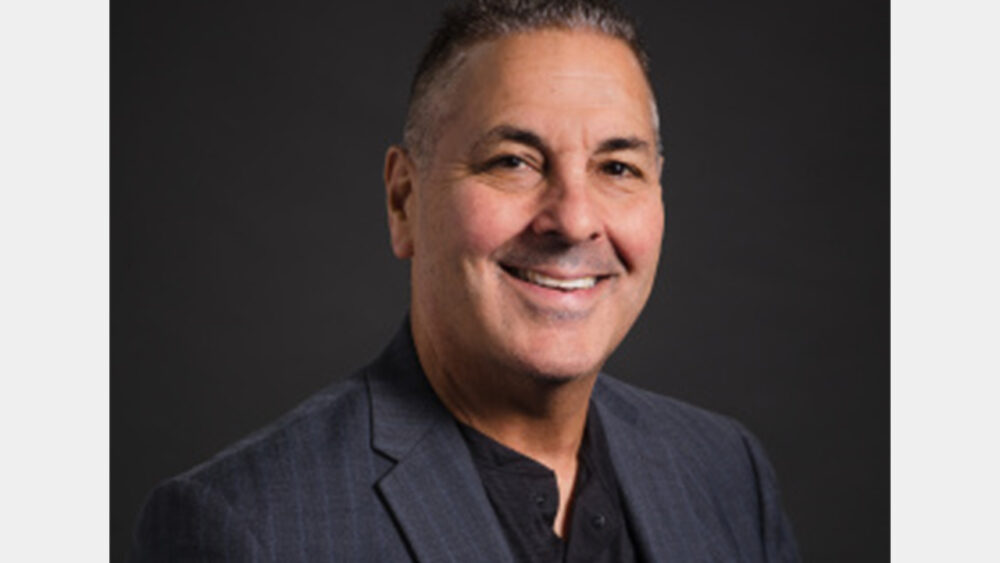The exhibition is an impressionistic, spectral rendering of Didion’s vivid life and times.
She’s Not There: The Pérez Art Museum Miami Mounts an Homage to Author Joan Didion


The exhibition is an impressionistic, spectral rendering of Didion’s vivid life and times.

Members have numerous boat options at their disposal without the responsibilities of boat ownership.

Early bird tickets are now on sale for the fundraiser on Oct. 12 at Galleria Fort Lauderdale.

The Dan Marino Foundation (DMF) has received a generous donation of $42,500 from the Emeril Lagasse Foundation. This donation comes from the proceeds of the Line, Vine & Dine event which is held

Rejuvenate the mind, body, and soul with the ultimate relaxation experience.

“It’s amazing to me to know where we’ve been and where we are. It’s been a long time coming.”

The luxury cruise brand offers a diverse lineup of river and yacht cruises on three continents.

The company recently added South Florida to its service areas.

Joseph Hamza, an agent with Transworld Business Advisors, shares his expertise.

The property at 1775 Collins Ave. is situated on a three-acre oceanfront parcel.